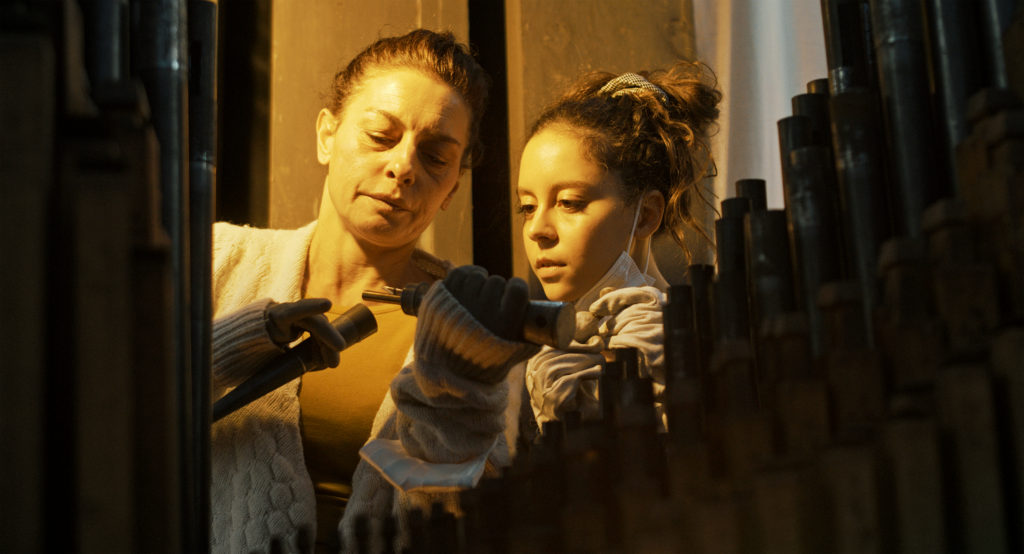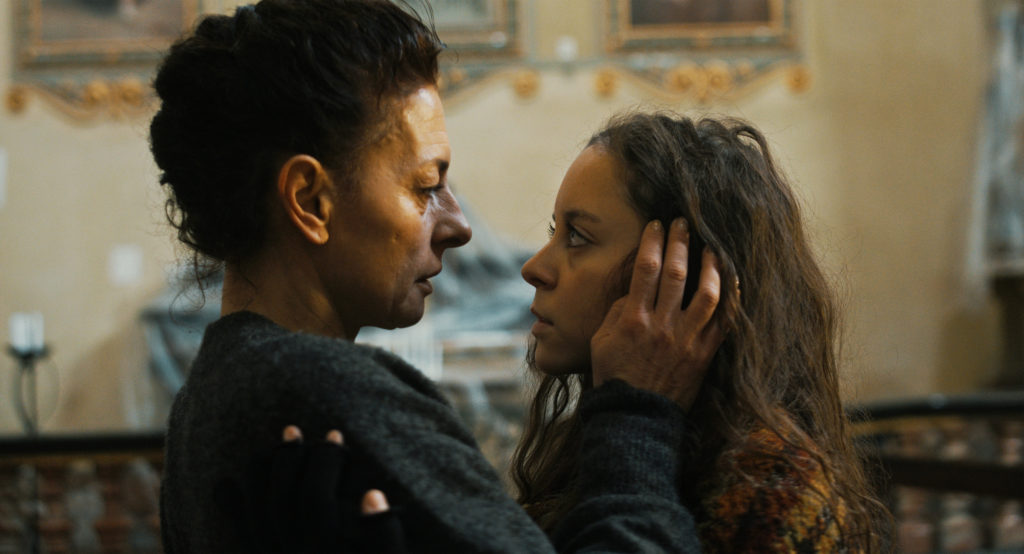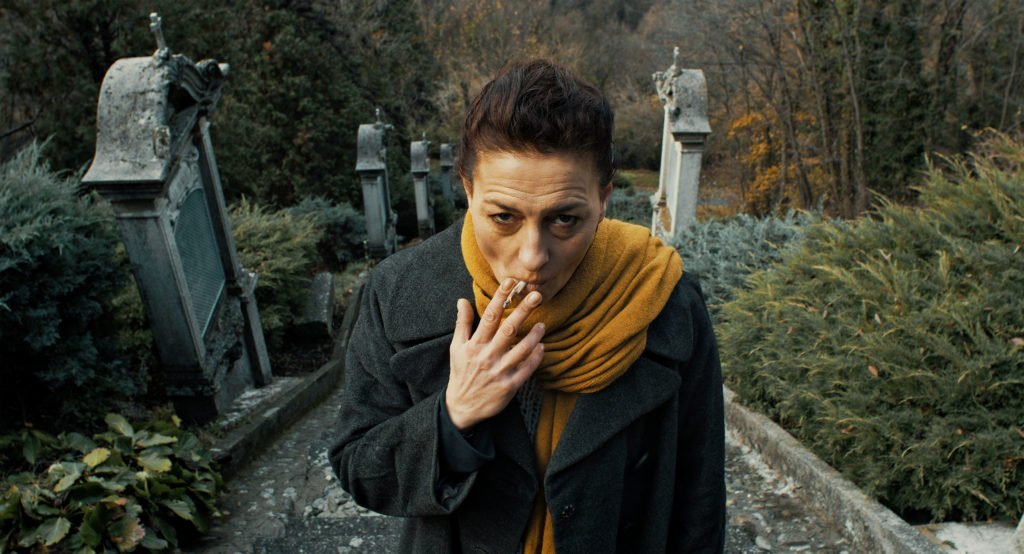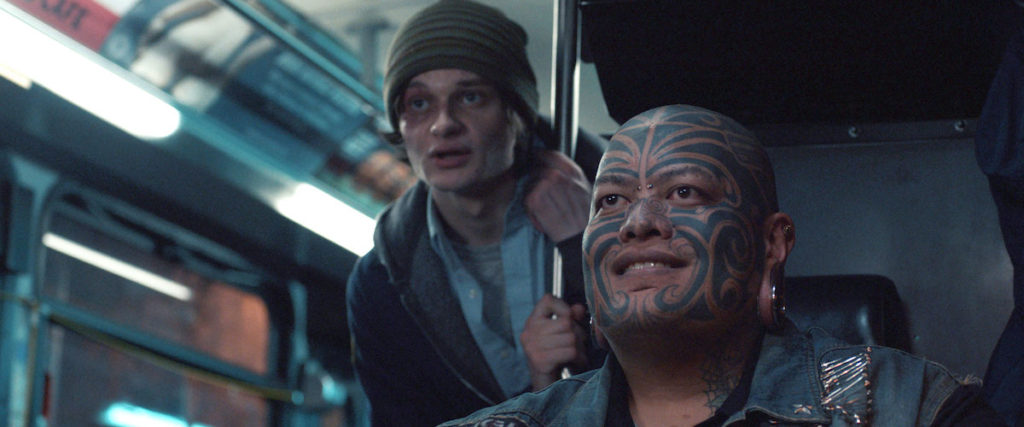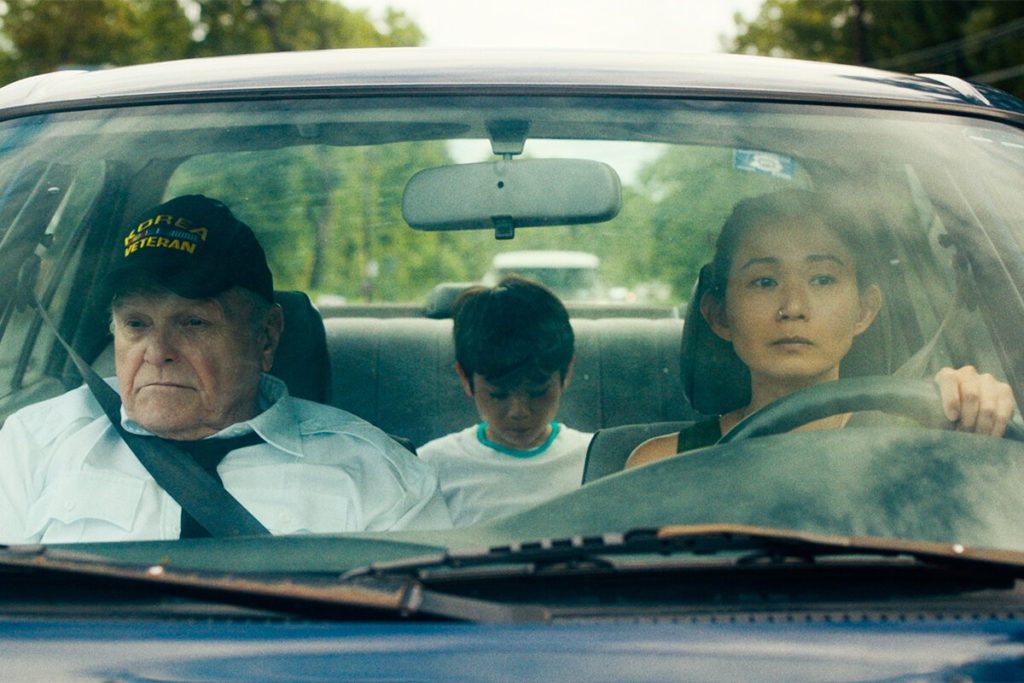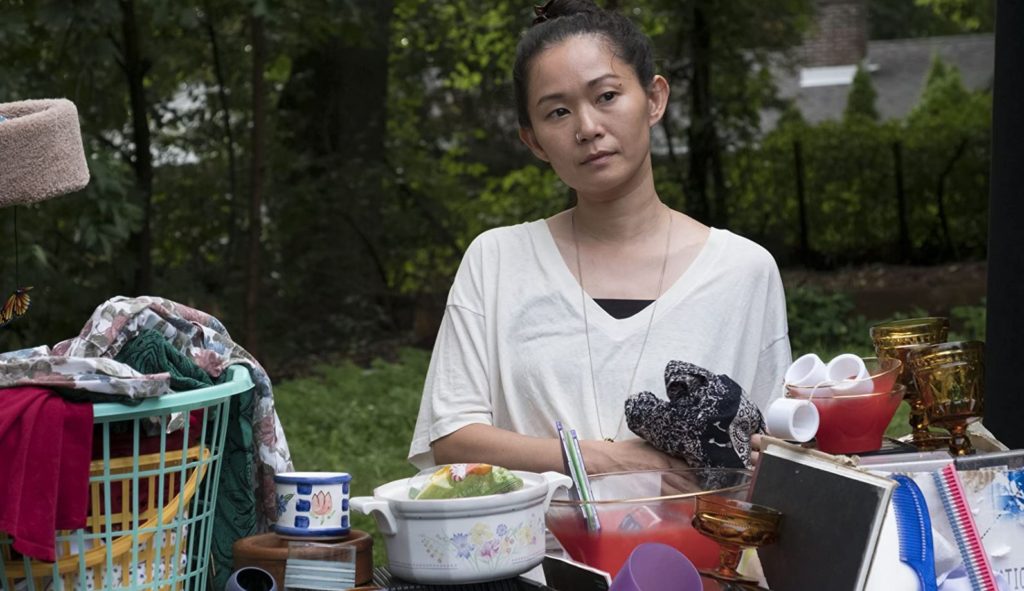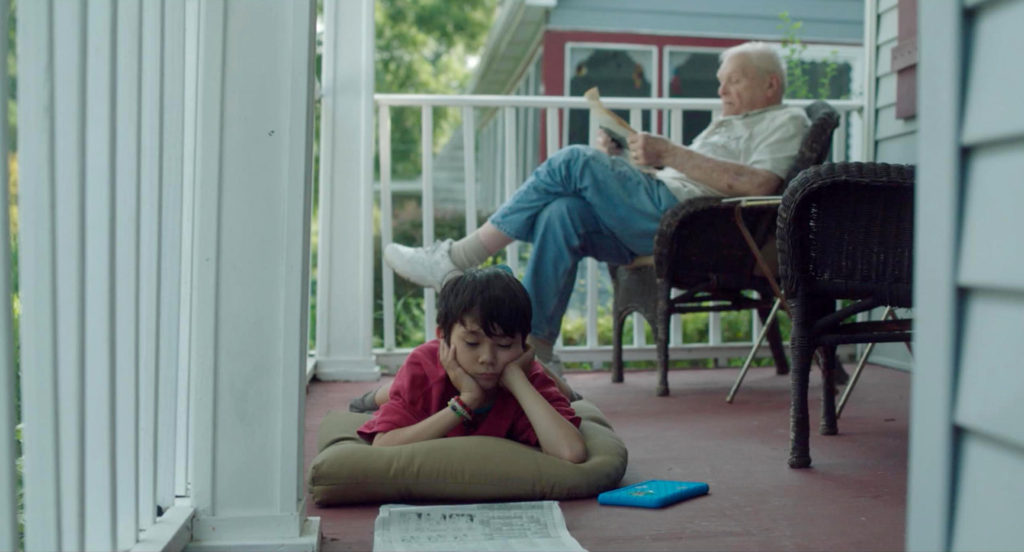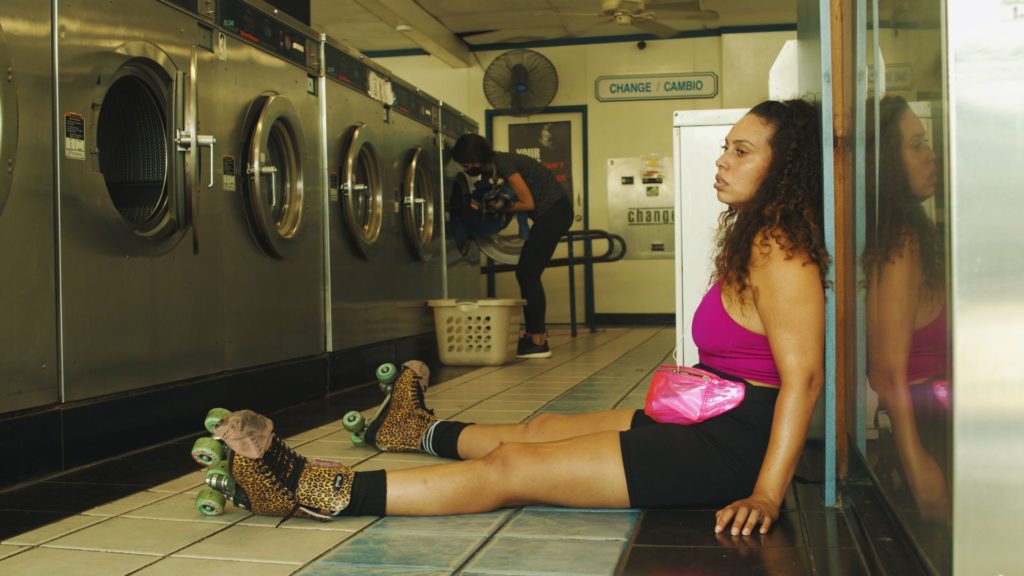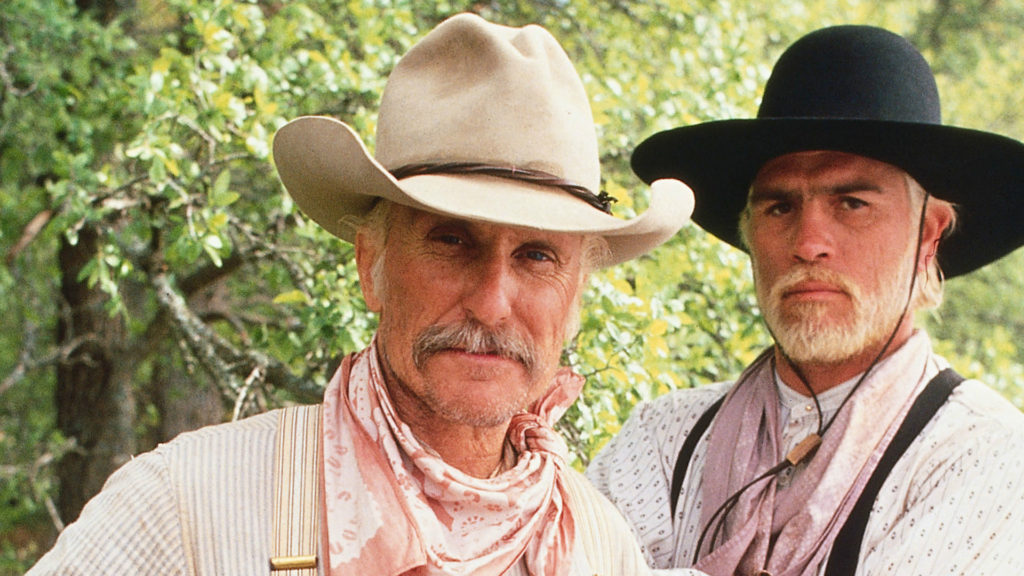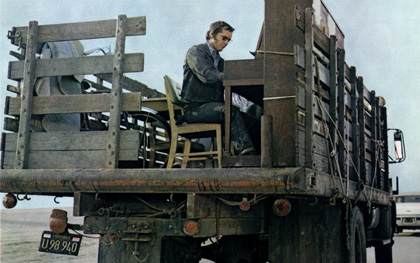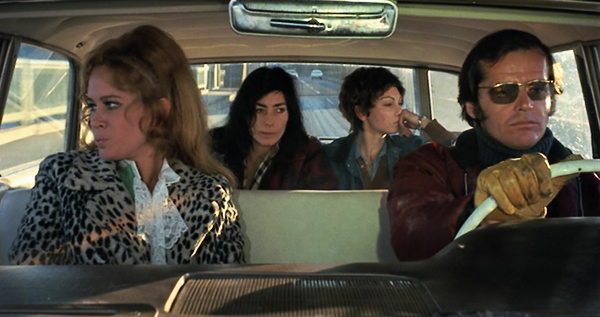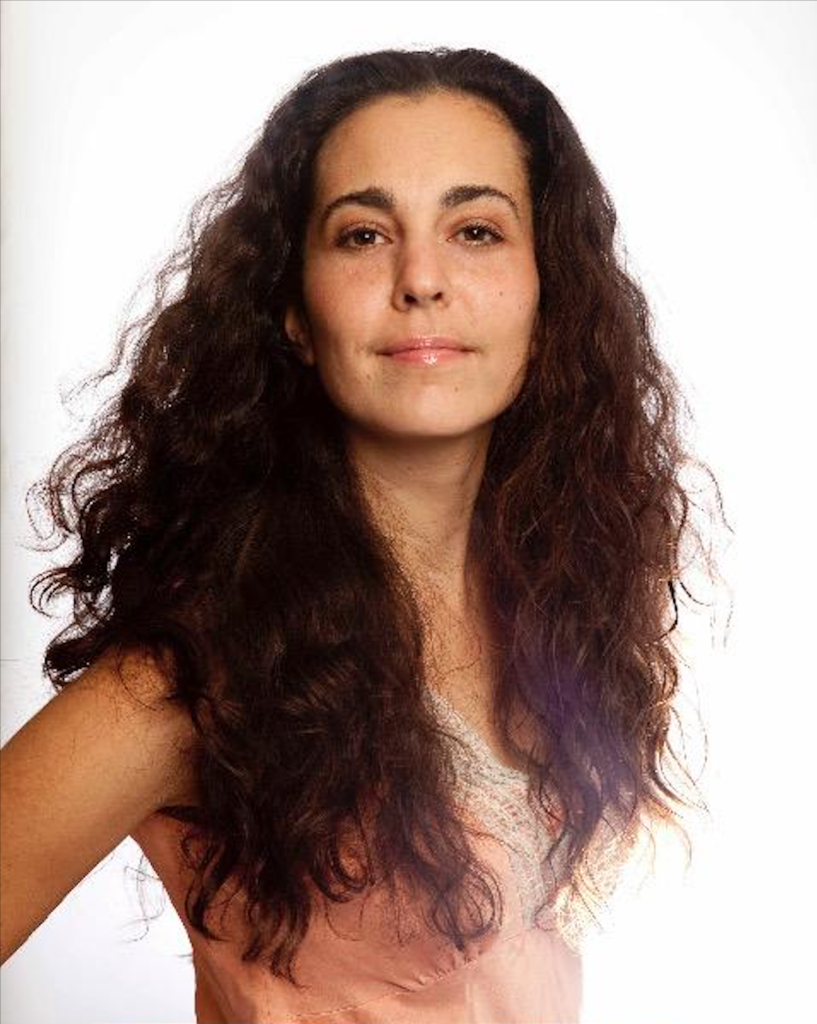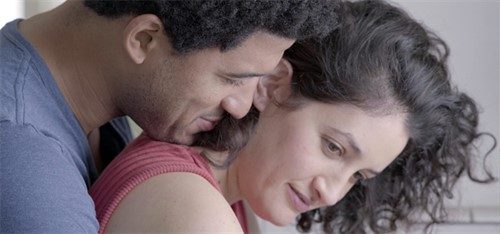
Cinequest’s online festival CINEJOY begins on April 1 and runs through April 17. Here are my top picks:
MUST SEE
- 12 Months: This uncommonly authentic film traces the year-long span of a romance, using vignettes that are snapshots of the relationship’s evolution. Just like a real life relationship, 12 Months has moments that are playful and moments that are searing. 12 Months is entirely improvised by its director and its stars, who are extremely keen and perceptive observers of relationship behavior, and they don’t hit a single wrong note. It’s the Must See at this year’s Cinequest. World premiere.
INTERNATIONAL CINEMA
- The Grand Bolero: Early in COVID’s devastating assault on Northern Italy, a middle-aged organ restorer is locked down in a centuries-old church; a salty curmudgeon, she cruelly resists the assistant forced upon her – a runaway young mute woman with no place else to shelter. But the young woman’s unexpected musical gift unlocks passion in the older woman. Passion evolves into obsession, propelling the story to an operatic finale. The Grand Bolero is the most visually beautiful film that I’ve seen in some time, and the music is powerfully evocative. It’s a remarkable first feature for director, co-writer and editor Gabriele Fabbro and his cinematographer Jessica La Malfa.
DOCUMENTARY
- Tell Me a Memory is a simple, yet engrossing, LGBTQ+ oral history. One or two at a time, individuals from Memphis (did you know they call themselves Memphians?) tell their own stories. The subjects are impressively diverse – in age, gender, race and identity. Coming Out in the Bible Belt is a common thread. This is a gentle and emotionally powerful film.
AND TWO MORE
- 18 1/2 is the festival’s Opening Night film, a dark comedy that sends up the paranoid thriller genre. A low-level government clerical worker (an excellent Willa Fitzgerald) finds herself in possession of the infamous 18 1/2 minute gap in the Watergate Tapes. Of course, co-writers Daniel Moya and Dan Mirvish had to devise a way to get this MacGuffin in her hands; given the paranoia, deviousness and clumsiness of the Nixon White House, their solution is surprisingly plausible. Double crosses and red herrings escalate, as does the dark, dark humor. Richard Kind and Vondie Curtis-Hall sparkle in supporting roles.
- Alpha Male, from Poland, is another dark comedy. A feckless young man has been dispatched by his girlfriend to a smoking cessation self-help group. Given the chaos of the community center, he ends up in the wrong room, among a men’s support group headed by a charismatic instructor. He hangs around anyway – and even returns – because this group has better food. The group focuses on their resentment of women, which seems silly and harmless at first, but descends into a paranoid fixation on an imagined organization of women seeking to emasculate them. Both the misogyny and their submissiveness to their bullying leader are taken to absurd levels.
This is the twelfth year that I’ve covered Cinequest, and, as usual, I’ll be covering Cinequest rigorously with features and movie recommendations. Bookmark my CINEQUEST 2022 page, with links to all my coverage (links on the individual movies will start to go live on Thursday, March 31st). Follow me on Twitter for the latest.


